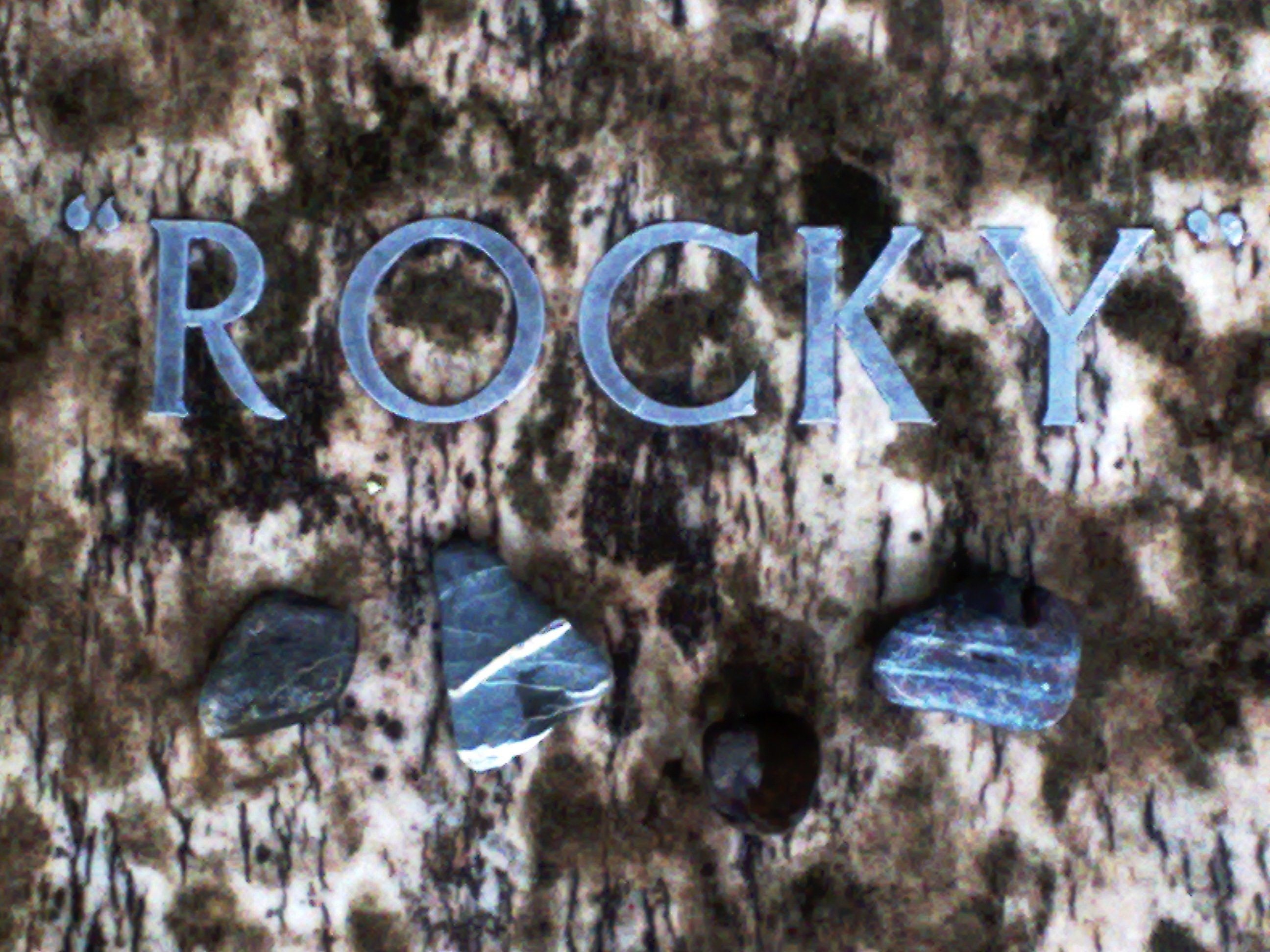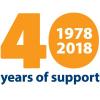As part of Sands 40th anniversary this year, we will share 40 stories by 40 parents, family members and friends affected by the death of a baby. Starting during Sands Awareness Month and our #FindingTheWords campaign, we aim to show the sheer number of people who are affected by the tragedy of a baby’s death, help other bereaved parents to understand they are not alone and raise awareness of the issues surrounding stillbirth and neonatal death. Visit our 40 stories for #Sands40 to view other blogs in the series.
On the 17th January 1990, on a bright, blue, cold winter’s morning, I walked out of the maternity hospital in the city where we live and headed towards the registry office in the centre of town.
I went there to register the birth and death of our first child, a baby boy, who had died almost immediately after birth a few hours earlier. I had to be there in order to complete the paperwork that would allow us to bury him within 24 hours according to Jewish custom.
My wife, Jo, had finally got pregnant after miscarriages and a ruptured ectopic pregnancy which not only nearly killed her but left her with just one ectopic tube. That had drastically reduced the chances of getting pregnant.
Attending a routine scan at 18 weeks at our local hospital, the radiologist said she wasn’t happy about something she’d seen and referred us immediately to the main maternity hospital.
We were scanned a few later by the chief radiologist, who after a painstakingly careful scan confirmed that our baby had a potentially very serious diaphragmatic hernia (a hole in the diaphragm which meant various organs including the lungs could be seriously affected).
Obviously very concerned, we were seen quickly by the specialist consultant who explained carefully and precisely what our baby had and what the outcomes might be.
At that time the chances of survival were about 1 in 4. It all depended on how developed or not the lungs were and how well they functioned or not, and we wouldn’t know until our baby was born and tried to breathe.
We were offered a termination but decided to go ahead. At which point we decided on a name. His proper name is Alexander, but he quickly became known as Rocky to all and sundry.
My surname is Kleiman (rhymes with Simon) and one night, discussing names that we couldn’t use, we laughed at the fact that we couldn’t call him ‘Rock’. From that point on he was always Rocky - even on his death certificate.
One of the ironies of a diaphragmatic hernia baby is that, while Rocky was in the womb, he was quite safe. A normal pregnancy. The only difference was that we knew what we knew, and we were scanned far more than usual in order to determine the development and impact of the hernia.
When it came to the actual birth, everything at the hospital was well planned and in place. The emergency team were on standby outside the birthing suite, ready to move into action as soon as Rocky emerged into the world...which he did in the early hours of the morning.
As we had been warned, when he tried to take a breath his lungs were unable to function. We watched helplessly as the emergency team tried everything they could. Eventually, after what seemed ages, I asked them to stop as I realised, from listening to their increasingly desperate discussions, that there was no hope.
As the emergency team packed up quickly as there was another emergency down the corridor the head of the team just had time to offer his heartfelt condolences and apologies. I said “We know you did your very best.”
At some point while all this was going on, a nurse gave Jo a sedative injection which knocked her out. This meant that she was only half aware of what had happened and was unable to hold Rocky after everyone except the midwife had left the room. This has always been a matter of huge regret.
I will always remember that midwife...although I cannot remember her name. She was always beautifully made up, and as she cleared up around us I couldn’t help notice that her mascara had run right down her face as she cried with us.
It was at that point things took a strange turn.
Back in 1990 the hospital did not have anything like the present day ‘Rainbow Rooms’ or anything similar for bereaved parents. I became aware of urgent discussions just outside the room about where they were going to put us: “We can’t take them back to the maternity ward, it will scare all the mothers-to-be!”
Eventually, having been left in the room with Jo out-for-the-count and wired up to a drip and with Rocky lying wrapped up in a cot, the porters came and wheeled Jo’s bed through the subterranean bowels of the hospital to a small, rather dark stock room which they had just cleared next to the gynaecological ward.
Some hours later, when it was light outside, our consultant finally located us, and was appalled at the way we’d been treated. I said that I had to go to the registry office, and he said that he’d make sure that, on my return, the drip had been removed and that should take Jo home as the hospital had failed in their duty of care.
We didn’t attend Rocky’s funeral which took place later that day, but we know that it was done with great respect by our Rabbi and another member of our community who is a doctor.
Friends and family rallied round, and both our employers were kindness personified. We measured those days in how many boxes of tissues we used.
Someone mentioned that we should contact Sands, and so we did. We started attending our local group and eventually we became part of the organising committee.
Twenty-eight years later there is rarely a day when something or someone doesn’t cause us to think back to that bright, blue, cold winter’s morning.
We are grateful for the support we’ve had from Sands, and are gratified that - as meeting hosts, befrienders and organisers - we have been able to support many other bereaved parents.
We both used to work in the theatre, and on Rocky’s gravestone there is a line from a Samuel Beckett play: ‘We are born astride the grave. The light gleams an instant, then it is night once more’.
Alexander Nathan Richler-Kleiman ‘Rocky’. Born and died 17th January 1990.
Photo: A memorial to baby Rocky.

15 babies die before, during or shortly after birth every day in the UK. We want to reduce this number, but we need your help. Support Sands now to help ensure a bereaved parent doesn't have to cope alone. Thank you.

